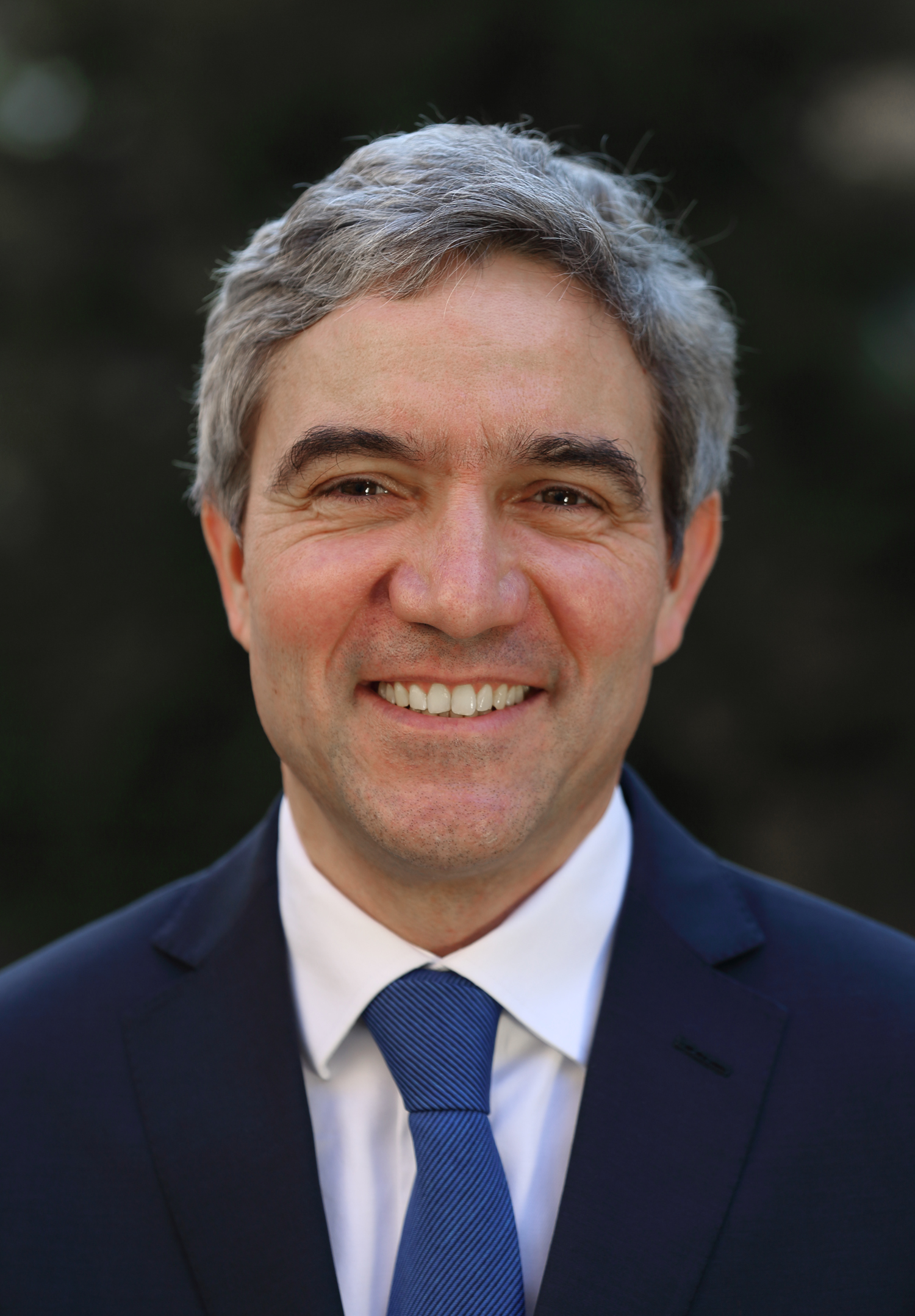What happens if Team UPC has shrewdly added its members to the German court that is set to decide on UPC?

Summary: Questions and doubts linger over the future (or lack thereof) of the Unified Patent Court (UPC); the addition of Stephan Harbarth, however, is rather disturbing as he might become the court's president in a couple of years and his bias/self-interest is a matter of public record
THE European Patent Office (EPO) does not mention the UPC anymore. Almost never. Seeing the potential scandal over a judge's or future president's appointment, they might be wise to say nothing. We've been researching this further and it looks rather ugly; we only abstain from commenting any further because there's no clear evidence of malice just yet. Might this explain fabricated (albeit false) rumours from Team UPC? They have gotten really desperate.
"The UK can stay in the EPO, but the UPC does not exist and even if it did exist, Britain would be unable to become part of it."Yesterday Lexology published this piece titled "German Constitutional Complaint Against the UPC Agreement"; Weickmann & Weickmann's Dr. Markus Herzog oversimplifies this; Hungarian courts would reject the UPC too as it was found to be unconstitutional (by a high court) so Germany isn't the final stop, Brexit notwithstanding as well. This is the latest spinner of many Team UPC spinners and we watch this closely (as we do Stephan Harbarth).
Yesterday we saw this article from IPPro Magazine's Ben Wodecki, who obviously misses the point that the UPC is practically dead (bar incredible mischief) and therefore there's nothing left for the UK to seek participation in. Wodecki wrote this:
Once the UK leaves the EU, it says it will continue to seek participation the Unified Patent Court and Unitary Patent system and will continue to cooperate in relation to IP within existing multilateral treaties.
The UK can stay in the EPO, but the UPC does not exist and even if it did exist, Britain would be unable to become part of it. Seeing the corruption associated with Battistelli's attack on judges -- an attack perpetuated by
António Campinos -- the Constitutional Court in Germany is expected to ultimately reject UPC/A. Does Team UPC have some trick in the making? Might Stephan Harbarth be part of it? His past statements associate him with Team UPC (he publicly lied about the prospects of UPC while working for a private firm), so he is not an independent observer. He was well paid by those with interest (and investment) in the UPC. He wore "two hats" and received almost the most money while in Parliament (from a private firm).
Managing Intellectual Property, an EPO-connected UPC propaganda site, has meanwhile published
another marketing piece from Inspicos P/S. It's about the EPO's appeal boards that
still lack independence and to quote (with repetition highlighted):
EPO: Appeal board of EPO provides guidance on amendments filed late
In opposition proceedings before the EPO, the formal admissibility of amendments filed late by proprietors is a frequently debated topic and differently decided on. A recent appeal decision, T 500/15, reiterates the criteria for the assessment of admissibility of amendments that are filed late and the specific criteria the competent departments of the EPO should apply when exercising their discretionary powers with regard to admissibility.
[...]
In the subsequent second instance proceedings, the appeal board entrusted with the matter came to the conclusion in decision T 500/15 that the first instance department had not adequately exercised its discretionary powers with regard to the admissibility of the amended claims.
We can quite frankly relate to the appeal boards for two reasons: 1) Team UPC is trying to make them redundant (destroying their very role); 2) Team Battistelli constantly attacks their independence, thus discrediting the perceived legitimacy of their decisions. We might soon see the Constitutional Court in Germany suffering a similar problem (discredited legitimacy because of the addition of Stephan Harbarth).
It's really a shame that Europe's patent system -- once among the best in the world (if not
the best) -- became so chaotic. Yesterday we saw
this outline of a new
Federal Circuit case where it fought back,
successfully, against patent maximalists (they like to smear these technical judges, but they cannot fire them or cause resignations). They cited European Patent Application Publication No. 0 094 161:
Last week, in In re Ikeda Food Research Co., the Federal Circuit affirmed a decision by the U.S. Patent and Trademark Office Patent Trial and Appeal Board affirming the Examiner's rejection in an ex parte reexamination of claims 22 and 23 of U.S. Application No. 12/851,668 for obviousness. On appeal before the Board, the challenged claims were found obvious in view of three references: European Patent Application Publication No. 0 094 161 ("Senior") and U.S. Patent Nos. 6,656,702 ("Yugawa A") and 6,059,946 ("Yugawa B").
As readers know, we've stopped covering US affairs except if (and when) we see threat of a software patents comeback over there. Patent Trial and Appeal Board (PTAB) inter partes reviews (IPRs) continue unabated (patent maximalists report figures for 2019 and it's roughly the same as before) and 35 U.S.C. ۤ 101 remains largely the same, in lieu with
SCOTUS. It's actually the EPO that now poses a
a threat of software patents resurgence. Their plan has, perhaps
all along, been to bypass national patent courts with the UPC, extending the EPO's position on bogus, abstract patents to judges as well. We cannot let that happen. It would severely harm Europe.
As Dr. Ingve Björn Stjerna
put it a month ago: "Will Mr
Harbarth’s commitment to the European patent reform [sic] be continued at the BVerfG?" (Bundesverfassungsgericht)
Based on our readings, before even reaching the age of 50 this man already has quite a few scandals under his belt.
⬆

